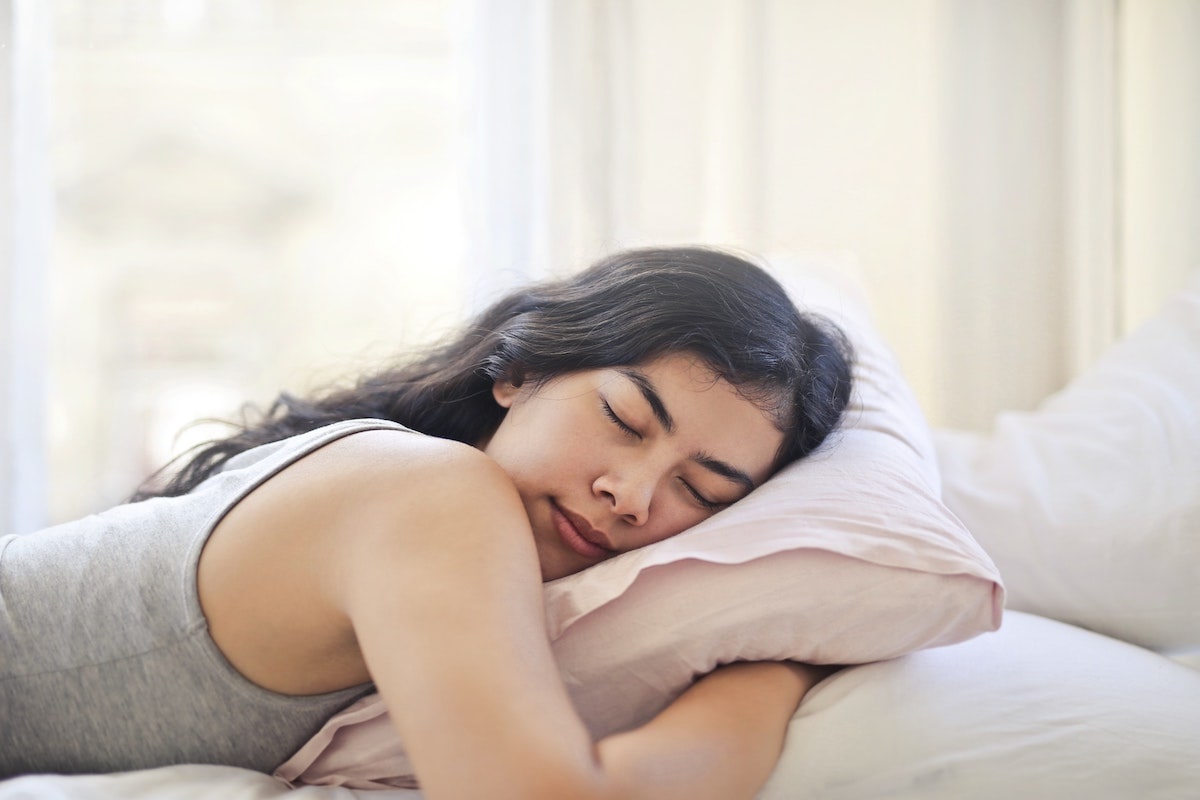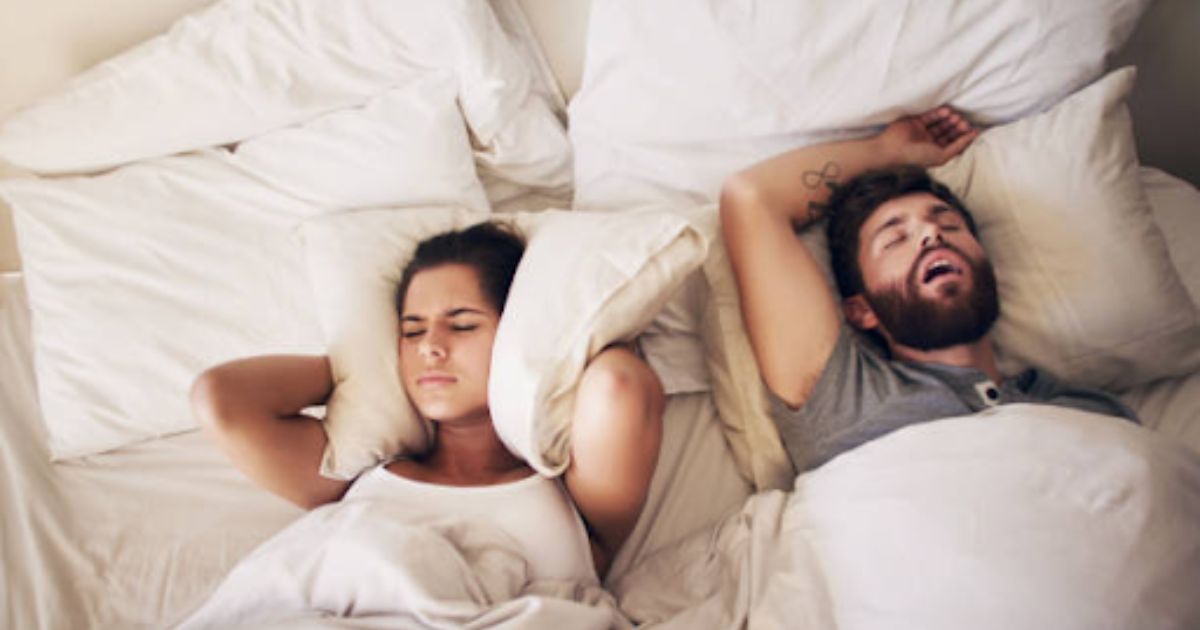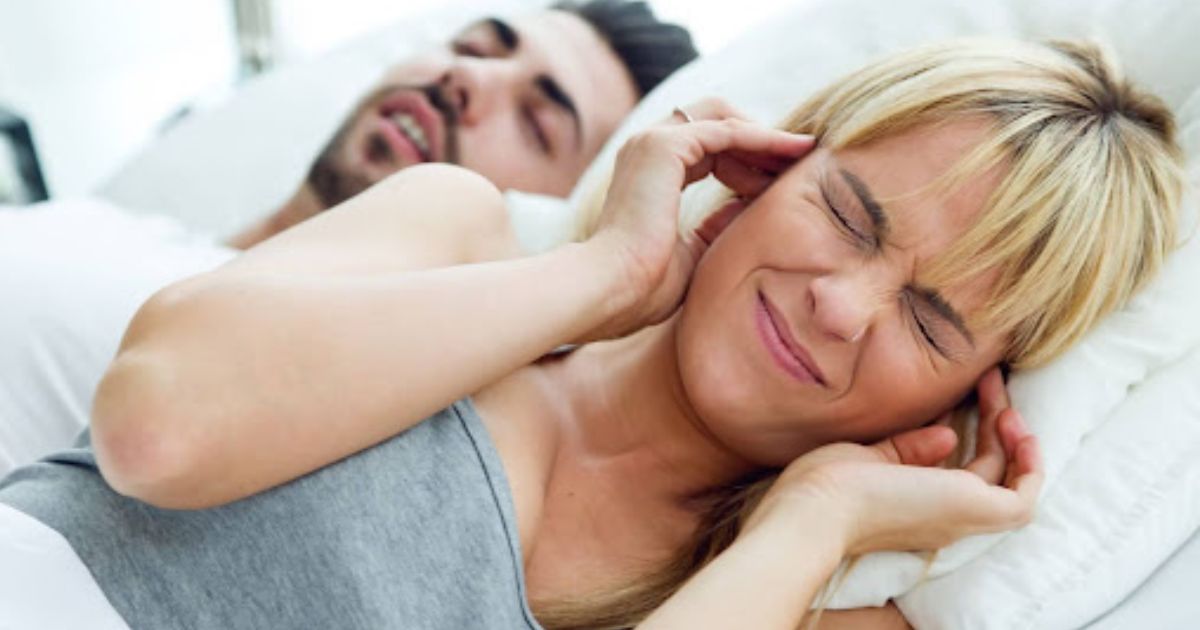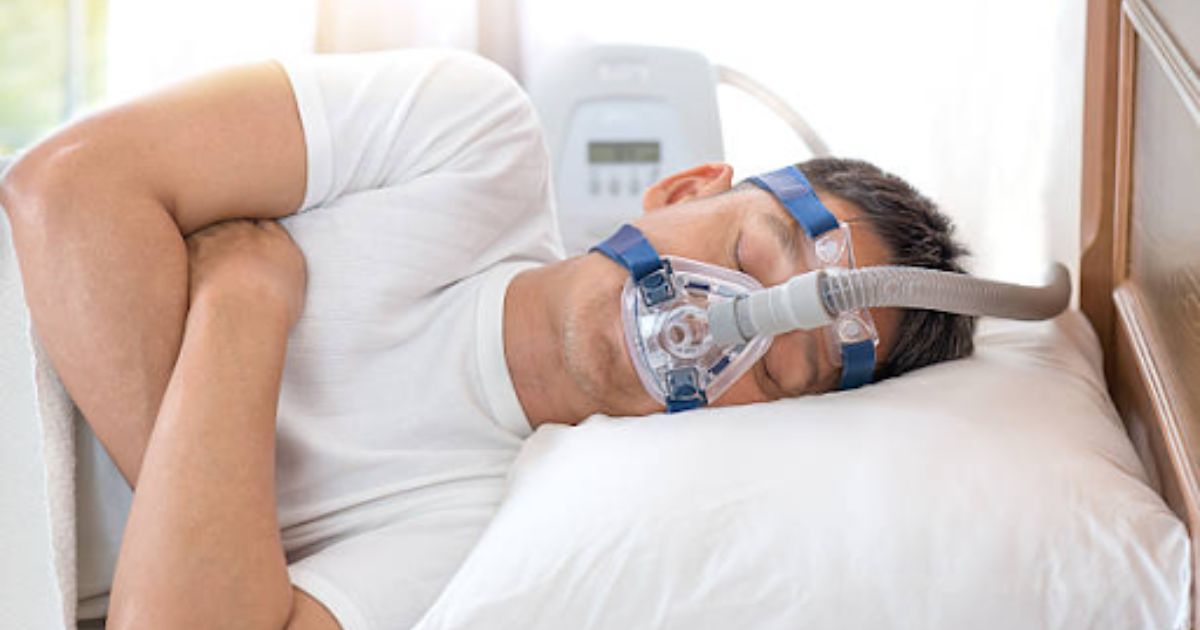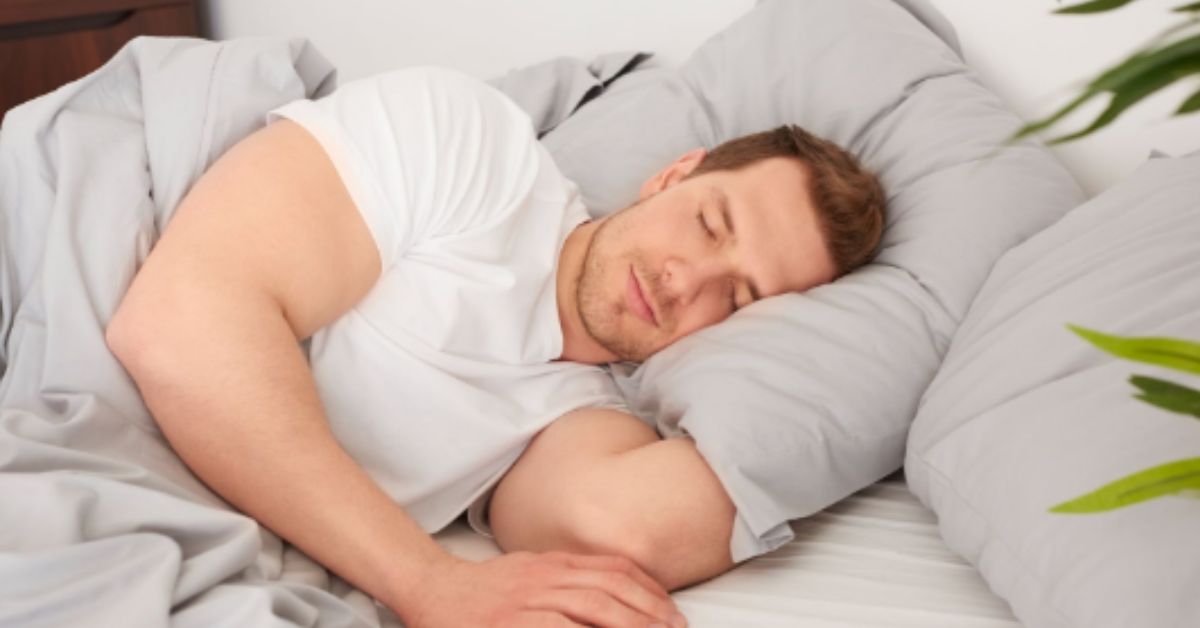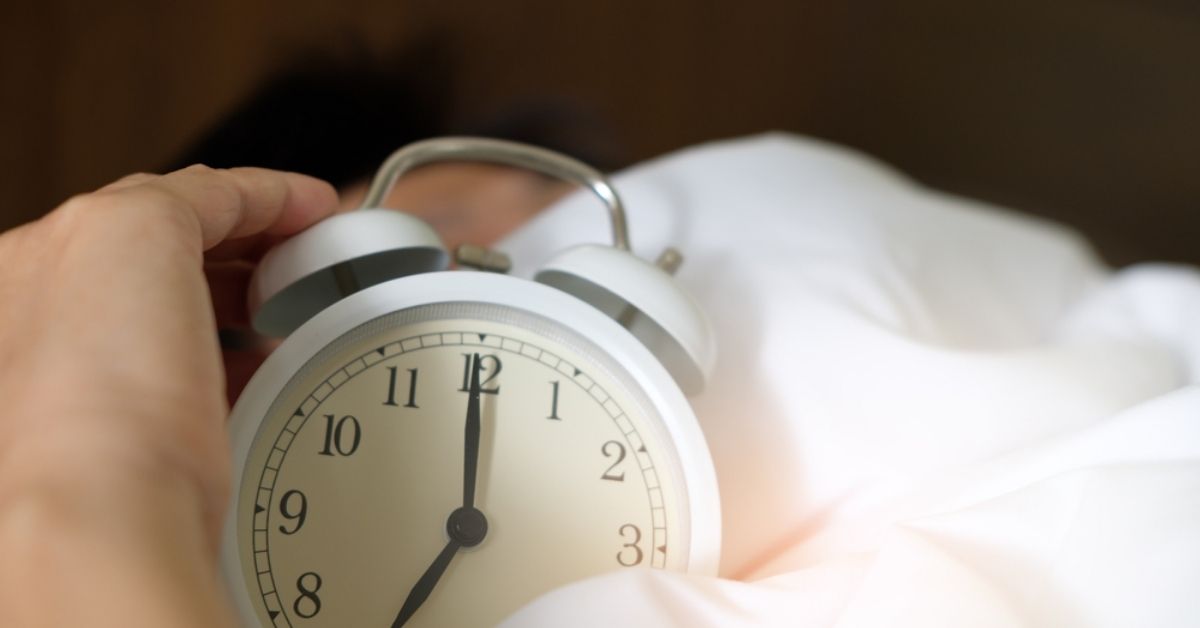Sleep apnea is a condition many people are familiar with—but it’s more than just snoring. In reality, sleep apnea can lead to a number of debilitating conditions and has been known to increase the risks of heart disease if left untreated.
Sleep apnea is fairly common in patients who suffer from atrial fibrillation—around 50–80%. The reverse is also true, as sufferers of sleep-disordered breathing are also commonly afflicted with atrial fibrillation.
The Types of Sleep Apnea
There are two types of sleep-disordered breathing: obstructive sleep apnea and central sleep apnea. Obstructive sleep apnea is characterized by repeated upper-airway obstruction during sleep, and is accompanied by intermittent hypoxia, rises in carbon dioxide, autonomic nervous system fluctuations, and so on.
Central sleep apnea, on the other hand, has neural causes, and is related to alterations in chemosensitivity and chemorepsonsiveness. This means that your ventilatory control system has become hypersensitive, and has led to ventilatory drive oscillations.
Both cases have been associated with atrial fibrillation, with experimental data leading to suggest that obstructive sleep apnea is a trigger of atrial arrhythmogenesis. Epidemiologic studies have shown associations between central sleep apnea, incident atrial fibrillation, and Cheyne-Stokes respiration as well.
How Does One Lead to the Other?
Studies have shown that intermittent upper-airway obstruction can lead to forced inspiration, substantial negative intrathoracic pressure, subsequent left atrial distension, and increased susceptibility to atrial fibrillation. There is evidence to suggest that the autonomic nervous system mediates the apnea-induced atrial fibrillation, since it suppresses atrial fibrillation caused by sleep apnea with an autonomic blockade.
The intermittent hypoxia and hypercapnia caused by obstructive sleep apnea have been shown to cause atrial electrophysiological changes that could increase the risk of atrial arrhythmogenesis. Another study even showed that atrial fibrillation had 17.9 times the risk of occurring after a respiratory disturbance as opposed to normal breathing.
Several observational studies at sleep apnea treatment clinics have also shown that pulmonary vein isolation in obstructive sleep apnea patients who don’t use continuous positive airway pressure (CPAP) results in a higher rate of atrial fibrillation. Subjects who had less than four hours of CPAP per night had larger left atrial dimensions and increased left ventricular mass compared to those who received more than four hours of CPAP at night.
To date, more trials need to be conducted at various sleep apnea treatment clinics and sleep centers in order to eliminate unmeasured variations between CPAP users and non-users.
What Do Population Studies Indicate?
Studies involving thousands of participants have also concluded that sleep apnea sufferers of either kind are 2-5 times more likely to suffer nocturnal atrial fibrillation. This is particularly in sufferers of severe degrees of sleep-disordered breathing, even after adjusting for other possible influences such as obesity and history of heart failure.
In a 1999 study of 450 patients with systolic heart failure, sleep-disordered breathing was present in about 25–33% of the participants. While 85% of the subjects were male, a total of 15% of the males and 10% of the females exhibited atrial fibrillation.
Studies Are Proving the Connection
As more and more studies are conducted to the end of discovering how and why sleep-disordered breathing and atrial fibrillation are connected, one thing is seemingly certain: there is a connection. It is not unknown that sleep apnea has been shown to increase the risk of various heart conditions, but it is nevertheless important to determine the links between these two conditions.
Sleep Apnea Treatment in Jacksonville, Florida
If you’re looking for sleep apnea treatment in Jacksonville, why not consider the Jacksonville Sleep Center? We have the resources and the latest technologies for dealing with sleep apnea in the best ways possible. Get in touch with us today to see how we can help.

